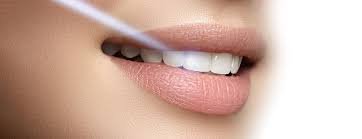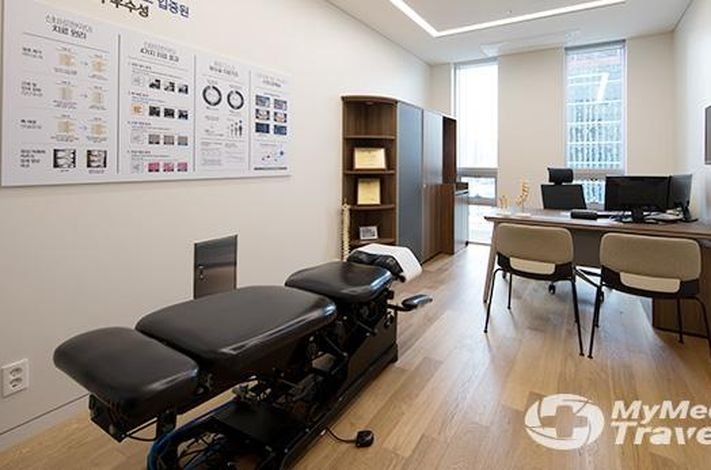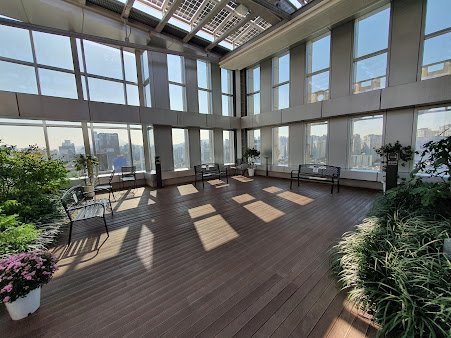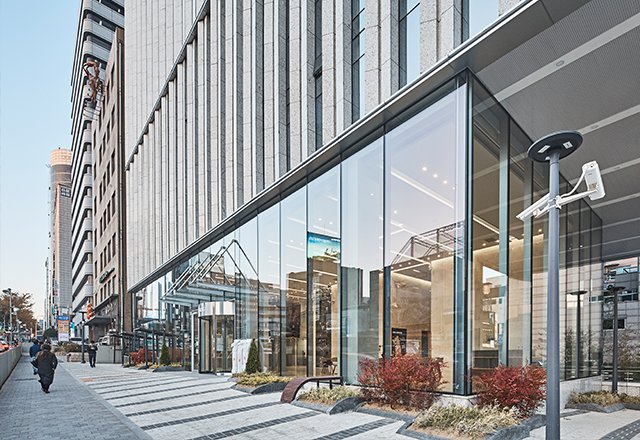Laser gum contouring has become a popular cosmetic dental procedure among international patients seeking expert care and advanced technology. South Korea’s reputation for high-quality dental treatments and patient-centered services attracts many from around the world. If you’re considering laser gum contouring in Korea, you likely have several questions about the procedure, costs, recovery, and more.
Here are the top questions international patients commonly ask, along with detailed answers to help you make an informed decision.
1. What is laser gum contouring, and how does it work?
Laser gum contouring is a minimally invasive dental procedure that uses a precise dental laser to reshape or remove excess gum tissue. This helps improve the gum line’s appearance, creating a balanced and aesthetically pleasing smile. The laser cauterizes blood vessels as it works, minimizing bleeding and speeding up healing compared to traditional surgical methods.
2. Is the procedure painful?
No, laser gum contouring is generally painless. The area is numbed with local anesthesia before treatment. Patients might feel mild pressure or heat sensations during the procedure, but pain is minimal. Post-procedure discomfort is usually mild and manageable with over-the-counter pain relievers.
3. How long does the procedure take?
The laser gum contouring procedure typically takes 30 to 60 minutes, depending on the extent of the reshaping needed. Some patients may combine this with other dental treatments in one visit.
4. What is the recovery time, especially for international patients?
Recovery is relatively quick:
- Mild swelling and tenderness for 2-3 days
- Return to normal diet and activities within 3-7 days
- Full healing of gum tissue usually occurs within 2 weeks
International patients often schedule at least 3 to 7 days in Korea to allow for treatment and recovery before traveling home.
5. Are there any risks or complications?
Laser gum contouring is safe when performed by experienced dentists. Risks are minimal but may include:
- Mild swelling or discomfort
- Temporary gum sensitivity
- Rare risk of infection if aftercare instructions aren’t followed
Korean clinics maintain high hygiene standards and follow international protocols to minimize risks.
6. How much does laser gum contouring cost in Korea?
Costs vary depending on clinic reputation, location, and treatment extent but generally range from $300 to $1,000 USD. This is often more affordable compared to Western countries, with the benefit of advanced technology and expert care.
7. Do Korean clinics offer support for international patients?
Yes. Many clinics provide:
- Multilingual staff or interpreters (English, Chinese, Japanese, Russian, Arabic, etc.)
- Virtual consultations before arrival
- Concierge services like airport transfers and accommodation booking
- Aftercare follow-up via telemedicine
8. Can I combine laser gum contouring with a vacation in Korea?
Absolutely! The procedure’s minimal downtime allows patients to enjoy Korea’s culture, cuisine, and sightseeing while recovering. Many clinics even help coordinate appointments to fit your travel itinerary.
9. Will the results look natural?
Yes. Korean dentists specialize in creating natural-looking gum lines tailored to individual facial features and ethnic backgrounds. The goal is a harmonious, balanced smile rather than an overly “perfected” appearance.
10. Is laser gum contouring suitable for patients with gum disease or sensitive gums?
Laser gum contouring can be safely performed on patients with mild gum issues, but thorough evaluation is necessary. For those with active gum disease, treatment of the disease is prioritized before cosmetic contouring. Clinics conduct comprehensive exams to ensure safety.
11. What should I do after returning home?
- Maintain good oral hygiene with gentle brushing and flossing
- Avoid smoking and alcohol during healing
- Follow any remote follow-up instructions from your Korean dentist
- Schedule regular dental check-ups locally to sustain gum health
12. Can I get virtual follow-up consultations after my trip?
Many Korean clinics offer telemedicine services, allowing international patients to check in on their recovery remotely. This provides reassurance and access to expert advice even after returning home.
Final Thoughts
Laser gum contouring in Korean clinics combines advanced technology, expert dentists, and personalized care tailored for international patients. By understanding the answers to these common questions, you can confidently plan your treatment and travel.
If you want recommendations for trusted clinics or help scheduling consultations, feel free to ask—I’m here to support your dental journey!




